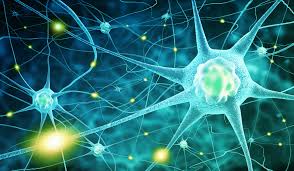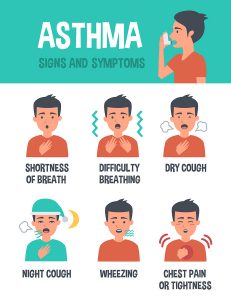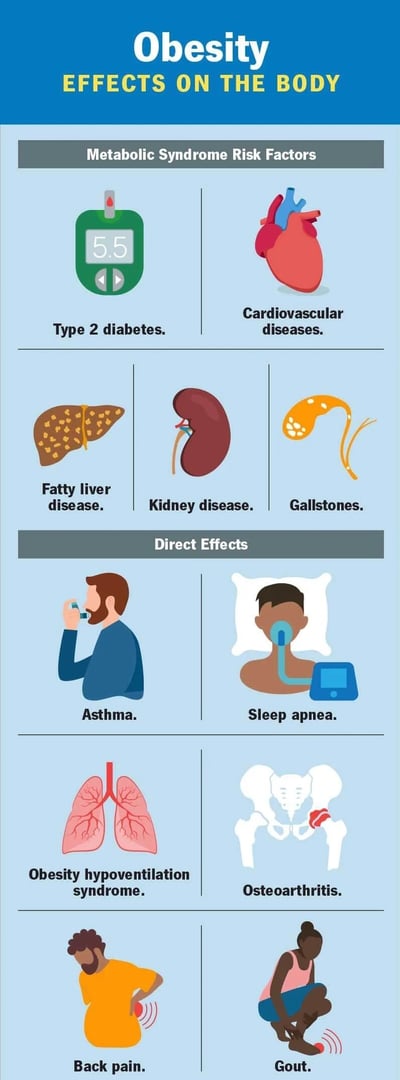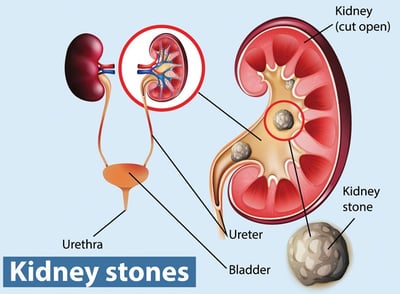

Kidney stones, medically known as nephrolithiasis or renal calculi, are hard, mineral-based deposits that form within the kidneys or the urinary tract. These stones can range in size from tiny grains to larger, more noticeable structures and can cause significant pain and discomfort. Understanding kidney stones involves recognizing their types, causes, symptoms, and potential treatment options. Read more.
Gastric problems, also referred to as gastrointestinal or digestive issues, encompass a wide range of conditions that affect the stomach and the digestive system as a whole. These issues can result from various causes and may manifest as symptoms such as pain, discomfort, bloating, and changes in bowel habits. Understanding gastric problems involves recognizing their common types, causes, symptoms, and potential treatments. Read more
Hemorrhoids, also known as piles, are a common and often painful condition that occurs when the blood vessels in the rectum and anus become swollen and inflamed. Hemorrhoids can vary in size and severity and can cause discomfort, pain, bleeding, and itching. Understanding hemorrhoids involves recognizing their types, causes, symptoms, and potential treatments. Read more






Skin diseases, also known as dermatological or cutaneous conditions, encompass a broad spectrum of disorders that affect the skin, its appendages (hair and nails), and mucous membranes. These conditions can manifest with various symptoms, including rashes, itching, discoloration, and discomfort. Understanding skin diseases involves recognizing their diversity, causes, symptoms, and potential treatments. Read more.
Neurological disorders, also known as neurological diseases or conditions, refer to a vast and diverse group of medical disorders that affect the nervous system. This complex network includes the brain, spinal cord, nerves, and neuromuscular junctions, and it plays a fundamental role in controlling and regulating various bodily functions. Neurological disorders can have a wide range of causes, symptoms, and degrees of severity, and they can impact an individual's physical, cognitive, and emotional well-being. Read more
Asthma is a chronic respiratory condition that affects the airways in the lungs, causing them to become inflamed and narrowed. This chronic inflammation makes it difficult for individuals with asthma to breathe freely. Asthma is a common condition, and while there is no cure, it can be managed effectively with proper medical care and lifestyle adjustments. Read more






Obesity is a chronic medical condition characterized by the excessive accumulation of body fat to a degree that it has adverse effects on health. It is a complex, multifactorial condition influenced by genetic, environmental, behavioral, and metabolic factors. Obesity is a global health concern, and its prevalence has been steadily rising in many parts of the world. Read more.










